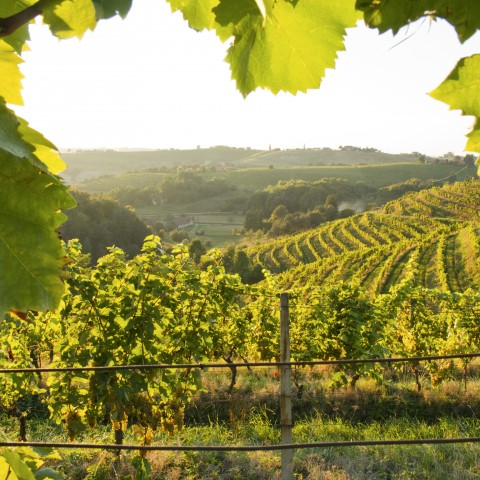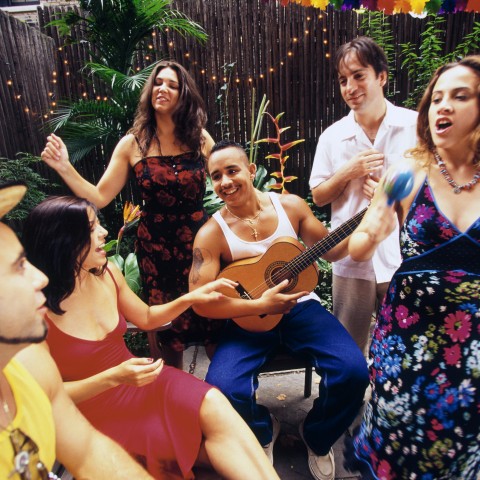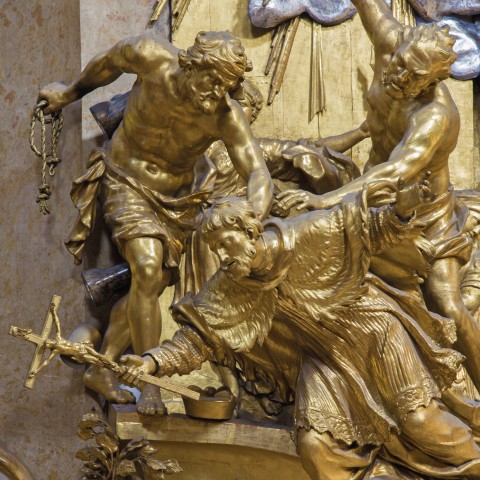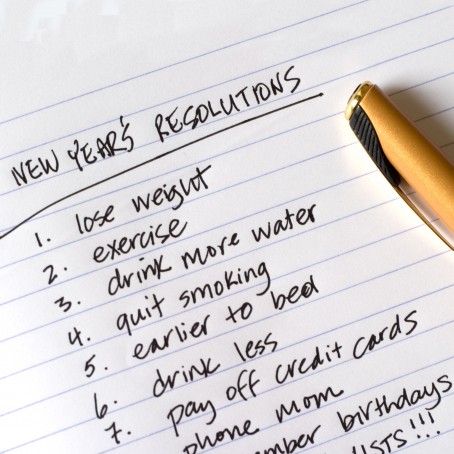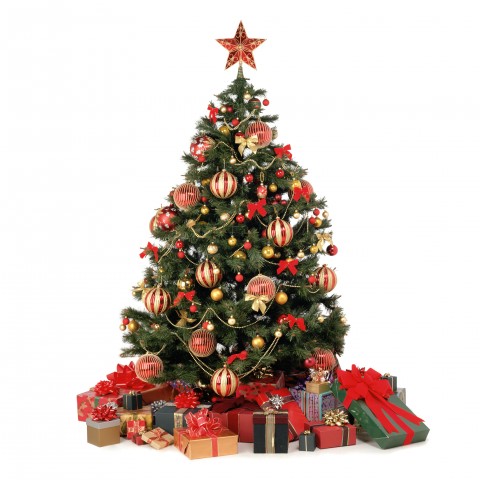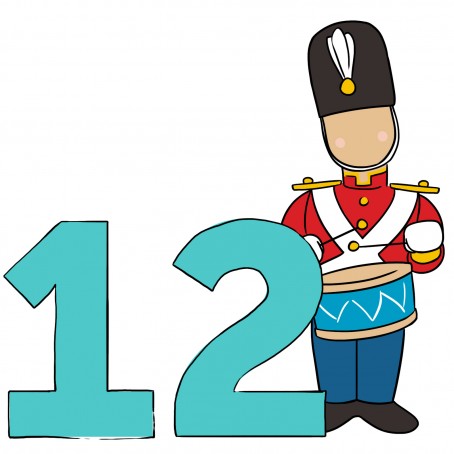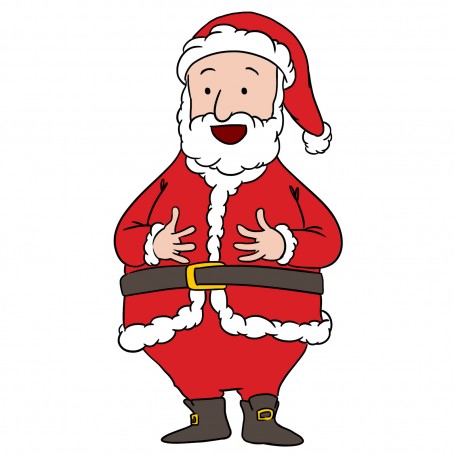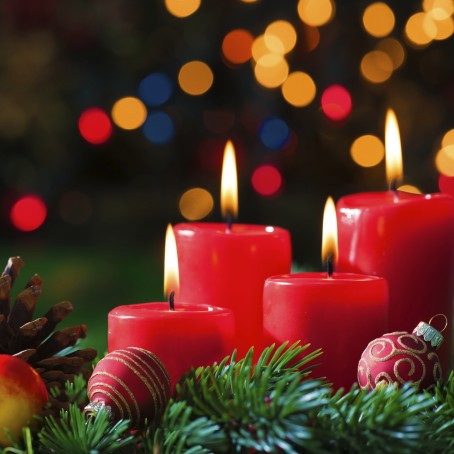
This extensive overview contains a list of Bulgarian movies we recommend you watch. Some of them were created in the 20th century while Bulgaria was under communism, while others are modern movies that will help you listen to and learn modern Bulgarian.
- We’ve included three movies produced in the 21st century that reflect the specifics of modern life. All of them are dramas.
- Dramas also played an important role during the period of communism, hinting at ideas that people couldn’t share openly because they were afraid of the Communist Party. For this reason, we’ve added one drama from that time period as well.
- From 1944 to 1990, many Bulgarian comedies were released. In this comprehensive overview, BulgarianPod101 presents three of them.
- There are many historical movies that describe the nation’s most glorious moments in history, as well as the difficult periods of the Byzantine and the Ottoman yoke that caused Bulgaria centuries of suffering. We’ll be presenting three of the most popular ones here.
This list of Bulgarian films will not only help you understand the history, society, mindset, and modern life of Bulgarian people better, but it will also help you improve your listening comprehension of the Bulgarian language. In turn, this will make it easier to understand the spoken language when communicating with your Bulgarian friends. Moreover, you can watch most of these Bulgarian movies online for added convenience!
Keep reading to find out more about these movies, such as their plots and their most popular quotes. We’ve also included links (where possible) to full versions of the movies on YouTube. Let’s start our movie evening now!

 Table of Contents
Table of Contents
1. Modern Films
Movie #1 Investigation (2006)
- Bulgarian Title: Разследване
- Romanization: Razsledvane
- English Title: Investigation
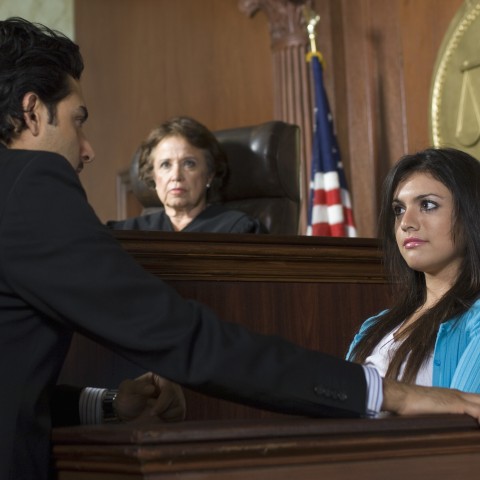
This movie is a co-production of Bulgaria, Germany, and the Netherlands.
A man has been murdered and his brother Plamen Goranov becomes a suspect. He denies his guilt, and the investigation is suspended because of a lack of evidence. However, the case is transferred to a new investigator, Alexandra, who eagerly wants to resolve it. She interrogates all the relatives and friends of the murdered man during the day, while at night she interrogates Plamen. Because she has too much work, she doesn’t have enough time for her family and feels lonely. Plamen is also lonely and he starts to cherish every meeting with Alexandra.
An interesting fact about the movie:
It’s worth noting that the movie is based on a real case from the investigative practice of Boyko Rashkov. In addition, the movie received four awards in Varna’s film festival in 2006.
- Quote: Ще кажете ли нещо? Край на разпита!
- Romanization: Shte kazhete li neshto? Kray na razpita!
- Meaning: Will you say something? The end of interrogation!
Movie #2 Monkeys in Winter (2006)

- Bulgarian Title: Маймуни през зимата
- Romanization: Maimuni prez zimata
- English Title: Monkeys in Winter
This movie reveals the stories of three young women—Dona, Lukrecie, and Tana—who are very different from each other yet still connected by the Bulgarian winter:
- Dona is a cheerful Roma woman who has three children from three different fathers. In order to provide a better future for her children, she begins to live with a disabled man without realizing the consequences of that decision. Her story takes place in the 1960s.
- The story of Lukrecie, on the other hand, takes place in the 1980s. She is an ambitious law student who is in love with a Frenchman. However, Lukrecie becomes pregnant and mistakenly perceives her pregnancy as an obstacle to achieving her dreams.
- The story of Tana takes place in 2001. She has everything she needs to be happy: a good marriage, a great house, and financial stability. Her only problem is that she cannot have a child. A friend advises her to go to a spa where a skillful masseur works.
These three stories reflect the tragic results of misunderstandings in male-female relationships, especially when it comes to the bearing of children.
An interesting fact about the movie:
This Bulgarian film received many awards in different film festivals, including those abroad.
- Quote: Я каква си хубава, като са ти омити очите!
- Romanization: Ya kakva si hubava, kato sa ti omiti ochite!
- Meaning: How beautiful you are when your eyes are washed!
Movie #3 Warming Yesterday’s Lunch (2002)
- Bulgarian Title: Подгряване на вчерашния обед
- Romanization: Podgryavane na vcherashniya obed
- English Title: Warming Up Yesterday’s Lunch
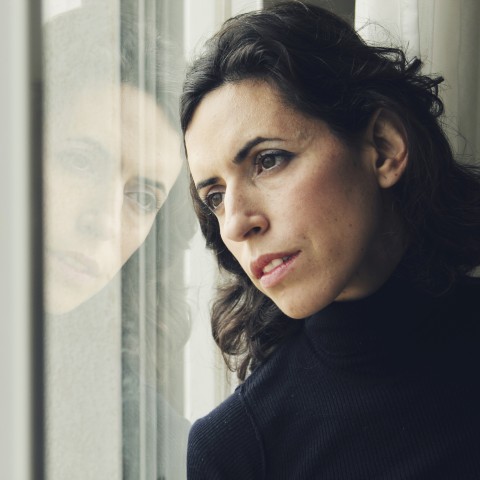
A woman decides to speak after more than forty years of silence and reveals secrets that confuse the authorities, who decide to take action against her. This movie follows a series of events, in which the difference between good and evil is completely erased.
Katerina Vandeva is a descendant of an old Komitas family who lives high in the mountains of Macedonia. Her life was so difficult that she gradually lost the femininity in herself. As a little girl, she was punished in a Macedonian school for writing in Bulgarian. Then, she was humiliated in the local police station and finally sent to a labor camp. What is the cost of survival? A film crew tries to reconstruct the pieces of Katerina Vandeva’s life from her own memories in order to answer this question.
An interesting fact about the movie:
This movie received many awards. It was proposed for a foreign-language film Oscar nomination in the Program of the Palm Springs Film Festival in 2003.
- Quote: Сънувам кошмари… че преустановяват всички полети и оставам тук завинаги!
- Romanization: Sanuvam koshmari… che preustanovyavat vsichki poleti i ostavam tuk zavinagi!
- Meaning: I have nightmares…that all the flights have been suspended and I have to stay here forever!

2. Historic Films
Movie #4 The Weddings of Yoаn Assen (1975)
- Bulgarian Title: Сватбите на Йоан Асен
- Romanization: Svatbite na Yoan Asen
- English Title: The Weddings of Yoаn Assen
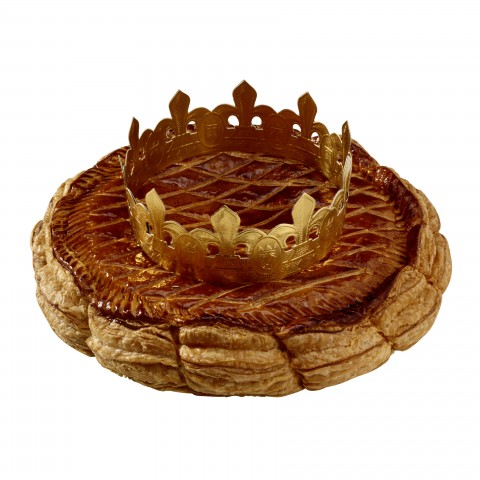
This historic movie was made in 1975. It presents the events that took place in Bulgaria at the beginning of the 13th century after the death of Bulgarian tsar Kaloyan. The pretender to the throne, Boril, expels Kaloyan’s nephews John Assen and Alexander from the Bulgarian kingdom. However, years later, John Assen comes back and becomes the tsar as a rightful heir to the throne.
Because of the long, unsuccessful wars with the surrounding enemies of Bulgaria, John Assen wants to keep the peace in the kingdom at all costs. To achieve that goal, he gets married several times to daughters of other kingdoms’ rulers. He even decided to send the woman he loved to a convent.
An interesting fact about the movie:
Apostol Karamitev, the actor who played John Assen, died during the filming. Kosta Tsonev, who played his brother Alexander up to that point, took on both roles.
- Quote: Когато размишлявам, стигам до заключение, че никой никога не е водил битки за нищо друго освен за плячка или защита.
- Romanization: Kogato razmishlyavam, stigam do zaklyuchenie, che nikoy nikoga ne e vodil bitki za nishto drugo osven za plyachka ili zashtita.
- Meaning: When I think about it, I come to the conclusion that no one has ever fought for anything else but loot or protection.
Movie #5 The Goat Horn (1972)
- Bulgarian Title: Козият рог
- Romanization: Koziyat rog
- English Title: The Goat Horn

This classic Bulgarian film recreates events from the 17th century while Bulgaria was under the Ottoman yoke. While a countryman named Karaivan grazes his goats, the Ottomans rape and kill his wife Maria. The man gets his little daughter, also named Maria, and moves far away to live in the mountains in full isolation there. He raises his daughter as a man to avenge the oppressors, and she starts killing them one by one. Nobody knew who this mysterious killer was and Bulgarian people thought that the “Goat Horn” was their avenger and protector from the Ottoman enemies.
An interesting fact about the movie:
After the movie was released in 1972, it was successful not only in Bulgaria but also abroad. It was the Bulgarian submission for the Academy Awards, but it didn’t get nominated. However, Turkey opposed the distribution of The Goat Horn due to the disadvantageous position in which their country’s history was represented. Despite that, the movie was shown in 62 countries.
- Quote: Мъж ще те направя… или ще те хвърля на кучетата, да знаеш… Тоя свят не е за жени!
- Romanization: Mazh shte te napravya… ili shte te hvarlya na kuchetata, da znaesh… Toya svyat ne e za zheni!
- Meaning: I will turn you into a man…or I will throw you to the dogs, you know… This world is not for women!
Movie #6 Time of Parting (1988)
- Bulgarian Title: Време разделно
- Romanization: Vreme razdelno
- English Title: Time of Parting

The story takes place in three villages—Prosoyna, Zagrad, and Podvis—which are located along a river. In the spring, the janissary Karaibrahim arrives in the Rhodope valley together with a detachment of 120 horsemen with a mission to Islamize the local Orthodox Bulgarians. At that time, the shepherd Manol and priest Aligorko are at the cemetery performing an old local custom of digging up the bones of a deceased person—in this case, Manol’s wife. The Ottomans stop alongside them, asking them about the names of nearby villages.
When both Bulgarian men return back to Podvis, they inform grandfather Galushko The White about the arrival of Karaibrahim and his people, letting him know that they have settled in the huge konak of Suleiman Agha in the village of Prosoyna.
The villagers of the valley decide to hide all the women and children. Karaibrahim gathers the village chiefs, reaching out to Suleiman Agha for assistance. But the Agha fears rising against the Padishah. Then, the chiefs gather in the konak and tell Karaibrahim that they would not give up their faith and that the time of parting has come.
An interesting fact about the movie:
Time of Parting is a novel written by Prof. Anton Donchev in 1964. He wrote it in just 45 days. The events described by Donchev took place in 1666 at the site of the current town of Yakoruda.
- Quote: Слава на тия, които не дадоха вярата си!
- Romanization: Slava na tiya, koito ne dadoha vyarata si!
- Meaning: Glory to those who did not give up their faith!
3. Drama
Movie #7 Adaptation (1979)
- Bulgarian Title: Адаптация
- Romanization: Adaptatsiya
- English Title: Adaptation

Veronica is a mentally ill woman who is hospitalized in a specialized clinic. All the patients have to share their personal stories and reveal their fears. Unlike the others, Veronica fails to overcome herself during the meetings. Dr. Bankov has his own life, but he spends most of his time with the sick patients. During the treatment, Veronica falls in love with him—and this is the key to her soul.
- → You can learn more medical-related vocabulary in the following lesson from BulgarianPod101.
An interesting fact about the movie:
The character Dr. Bankov is based on a real person—the psychiatrist Dr. Georgi Kamenov—who is one of the founders of the first psychotherapeutic group in Bulgaria.
- Quote: Не можем само да се крием зад тази фраза “Болест на времето.”
- Romanization: Ne mozhem samo da se kriem zad tazi fraza “Bolest na vremeto.”
- Meaning: We can’t only hide behind this phrase “The disease of time.”
4. Comedies
Movie #8 King for a Day (1983)
- Bulgarian Title: Господин за един ден
- Romanization: Gospodin za edin den
- English Title: King for a Day
One of the most popular Bulgarian comedy movies, this film illustrates Bulgaria in the 1920s. The main character is Purko, a poor country musician who constantly tries to find new ways to outwit life and feed his large family. He has to go through a series of funny (and sad) adventures during his fight against poverty, until one day his dream comes true: he becomes a well-dressed city gentleman. However, this illusion soon collapses, and the only thing Purko is left with is his clarinet.
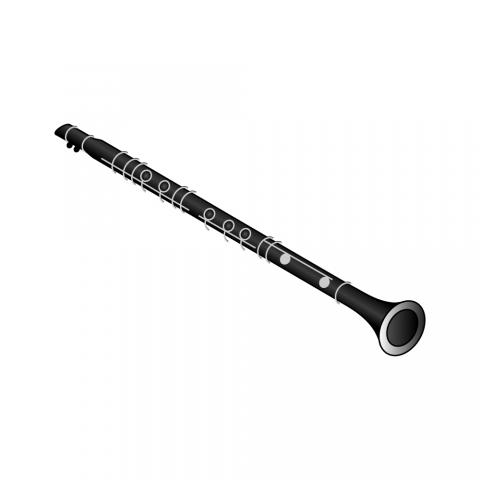
An interesting fact about the movie:
Purko’s main partner in King for a Day is the so-called Little Elephant from Strandzha Mountain—a three-month-old colorful piglet of the “Semi-wild Strandzha” breed. But the pig turned out to be so wild that they could barely catch it; a backup had to be found, which was another colorful and intelligent piglet.
- Quote: Кокошка отвсякъде може да долети, яйцето не може.
- Romanization: Kokoshka otvsyakade mozhe da doleti, yaytseto ne mozhe.
- Meaning: A hen can fly in from anywhere, but an egg can’t.
Courtesy of the Bulgarian National Film Center, the entire movie can be watched on YouTube.
Movie #9 The Double (1979)
- Bulgarian Title: Двойникът
- Romanization: Dvoynikat
- English Title: The Double

Denev is a scientist and an expert in his field, but he has no free time in which to write his doctorate. For this reason, he agrees to the idea of switching places with his cousin Ivan. It’s difficult for anyone to catch onto their game, as there is great resemblance between them.
Ivan is a store manager, well-versed in scams, and has great success with women. But once he enters into his cousin’s academic environment, his task turns out to be more difficult than he supposed. At first uncertain, Ivan steps into his new role with increasing enthusiasm and a desire to gain material benefits from everything he encounters.
- Quote: Знаеш ли, братчед, кое отличава хората от животните? Алкохолът! Нито едно животно не пие.
- Romanization: Znaesh li, bratched, koe otlichava horata ot zhivotnite? Alkoholat! Nito edno zhivotno ne pie.
- Meaning: Do you know, cousin, what distinguishes humans from animals? Alcohol! No animal drinks alcohol.
Movie #10 With Children at the Seaside (1972)
- Bulgarian Title: С деца на море
- Romanization: S detsa na more
- English Title: With Children at the Seaside

This comedy is one of the best movies for learning the Bulgarian language. A group of families with children are on vacation in Nessebar. The movie consists of two parts: 1) the story of Ognyan and Elena, and 2) the story of Uncle Mancho and the photo camera.
Part 1 – Elena, the older sister of one of the kids, and Ognyan become friends. He also becomes the kids’ idol, because he’s a strong and brave swimmer; Ognyan further wins their affection by telling them about his friendship with a dolphin. One night, Ognyan and Elena are late. The children don’t dare go home, because Elena’s parents know that the kids are with her. The children all get punished, but no one reveals the secret. The next day, they go to look for Ognyan. To their surprise, they find him with another girl and hear him telling the same story about the dolphin. Disappointed, the children turn their backs.
Part 2 – The children take a compromising photo of Uncle Mancho, who is their neighbor from Sofia, with a young woman. Uncle Mancho makes several unsuccessful attempts to take the camera. He finally picks it up, and when he falls off the water bike, the camera goes to the bottom. As compensation, he gives his own camera, apologizing for not finding a color film. The child reassures him that the camera, which is now at sea bottom, has not been loaded either. Uncle Mancho is shocked.
- → Want to brush up on your vocabulary before watching the film? This list prepared by BulgarianPod101 will provide you with useful vacation-related Bulgarian phrases and sentences.
An interesting fact about the movie:
Georgi Partsalev, a favorite actor in the Bulgarian film industry, plays Uncle Mancho in the second part of the film. The children who played in the movie adored Partsalev, and after the end of filming, he gave each of them a personal gift.
- Quote: Имам да спя още 10 минути и идвам.
- Romanization: Imam da spya oshte 10 minuti i idvam.
- Meaning: I have another 10 minutes to sleep and then I will come.
5. How BulgarianPod101 Can Help You Learn Bulgarian
We hope you found a film with your name on it while reading through our Bulgarian movies list for language learners. Each of these movies has something special to offer learners, and each one is a great source of new vocabulary and cultural information.
Which of these movies do you most want to watch, and why? Have you seen any of them already? We look forward to hearing from you in the comments!
Remember: To make the most of your time studying with BulgarianPod101, create your free lifetime account today! We provide tons of free resources, from vocabulary lists to audio/video lessons. By creating a Premium PLUS account, you also gain access to our MyTeacher service which allows you to study and practice with your own personal tutor.
Happy learning!














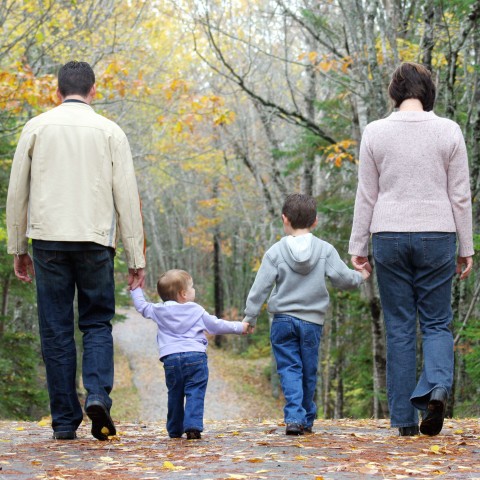
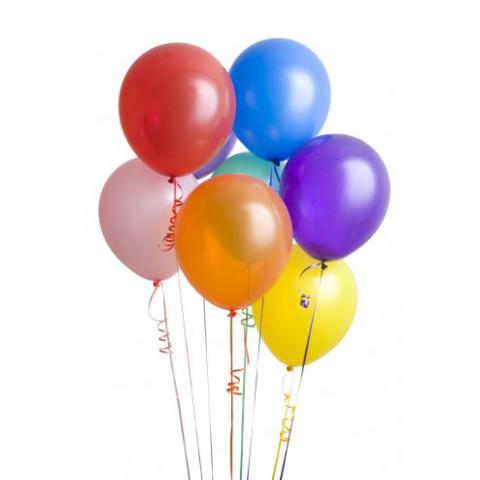
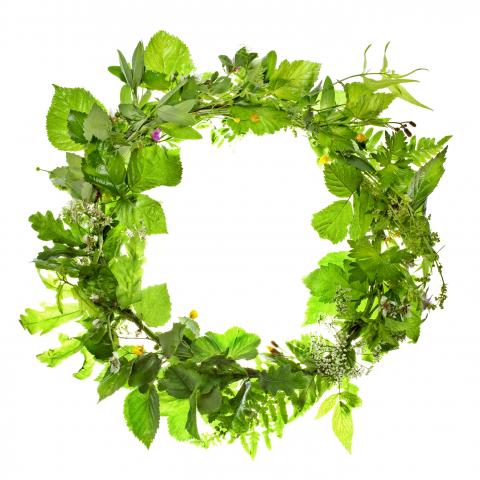

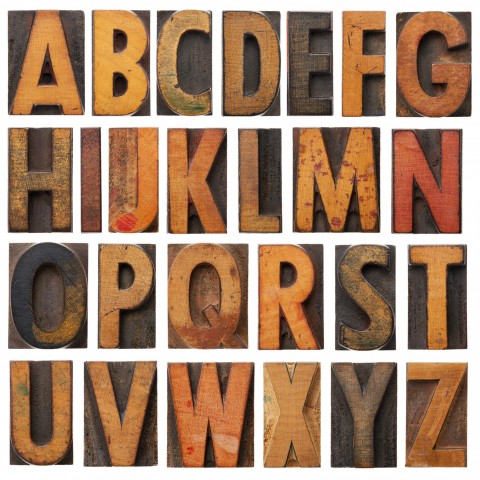


 Table of Contents
Table of Contents





